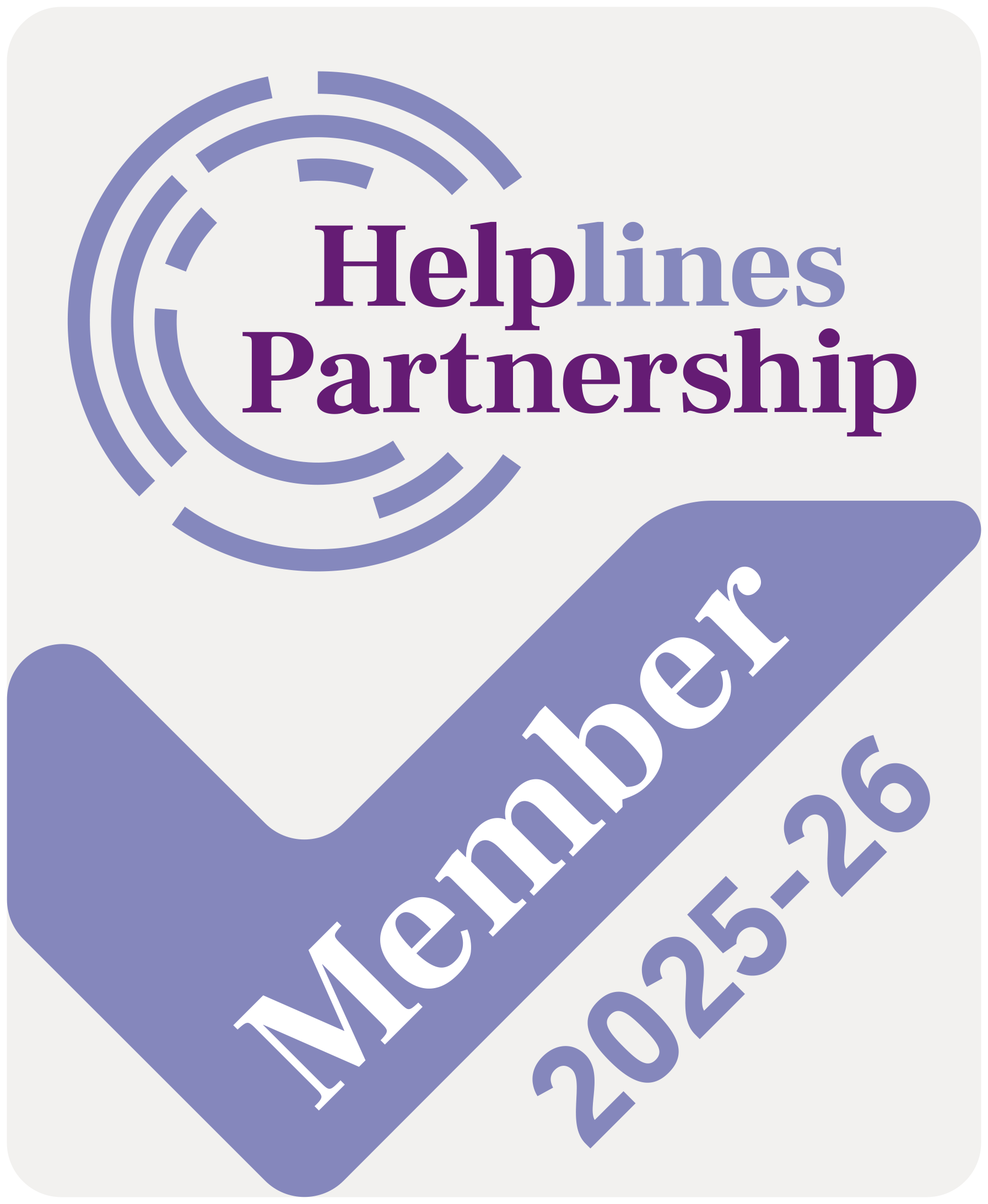What right do I have to choose?
For children with a genetic condition you will probably want to consider both mainstream and special schools.
If your child has an Educational Health Care Plan (EHCP) then you have the right to choose which one you want them to attend.
Once you’ve made your choice then your local authority must agree to send your child to that school if they are happy the following requirements are met:
The school you choose is suitable for your child’s age, ability, skills and special educational needs (SEN).
If applicable, your child meets any academic selection criteria – this might apply for secondary education if you live in a county that has grammar schools.
Your child’s presence won’t have a negative impact on other children already at the school
Placing your child in the school is an efficient use of your local authority’s resources. This is where they might have wriggle room to prevent your child attending a specific school.
Mainstream or special school?
In many cases, it will be quite clear what is best for your child but if that’s not the case, visit as many schools in your area as possible.
It’s also important to consider what sort of provision the school has for children like yours.
It might be obvious – things like wheelchair access and larger doors, or it could be teachers with special training in gastro-feeding.
If you are considering a mainstream school, you should ask to see the school’s SEN policy and talk with the SEN con-ordinator (SENCO), along with the class teacher, to find out how your child might fit in before making a final decision.
A mainstream school cannot refuse to take your child if you want to send them there but do listen to their concerns if you feel there is some resistance to your choice.
Although your wishes are backed by the Discrimination Act, it’s worth listening to the people who know the strengths and limitations of the school.
One of the key issues you should look at when choosing a school for your child is the ratio of staff to children with SEN.
If your child simply needs extra toilet breaks or help with eating you might find their needs can be met with some extra consideration from the class teacher and a bit of one-to-one support. In this instance, a mainstream school with inclusion might work.
If your child needs one-to-one support throughout the day. It’s unlikely that a mainstream school could provide this without substantial funding so a special school, which is used to this sort of demand, might be more appropriate here.
In general, class sizes at special schools are a lot smaller than mainstream schools with more access to specialist staff and resources. Staff are also trained in areas such as alternative communication and use of specialist equipment that your child might use.
Special schools also often have facilities not found at mainstream schools, like soft-play areas, sensory rooms, hydrotherapy pools and adapted playgrounds.
What if I don’t want a local state school?
There are other options for you child outside the state schools offered by your local authority and you could consider;
A non-maintained special school (usually run by charities)
An independent school that can meet your child’s needs
A school maintained by another local authority
However, if there’s a suitable state school, the local authority has no legal duty to send your child to a non-maintained or independent school.
THE OPTIONS
Mainstream schools
Local schools serving children with and without disabilities.
Maintained (state) schools
These are run by Local Education Authorities (LEAs).
Non-maintained (independent) schools
Independent schools require LEA, or parents, to pay fees for the child’s education. Many non-maintained special schools are run by charities.
Out-of-county or out-of borough placement
These are when a child attends a school not run by their LEA – either a non-maintained school or a school run by another LEA. In either case, the child’s own LEA must pay fees.
Residential schools
These provide accommodation for children during the school week or also at weekends. LEAs are most likely to agree to fund residential provision if children have severe or multiple special educational needs that cannot be met by day provision and support from other agencies.
Special schools
Normally only for children with an EHCP – although sometimes children may be admitted before the statement is complete. Most are for children with particular types of disability.
Specialist resource provision or specialist resource base (SRP or SRB)
These provisions are for children with various SEN and are attached to mainstream or special schools. Children may spend all their time in classes within the unit, or spend part of their time in other classes within the school, usually with support.
Combined provision
This is where your child attends more than one setting, usually on different days of the week, when this is thought to be the best way of meeting their educational needs. Individual arrangements are made for each child.
Homeschooling
According to research, the number of children being homeschooled is continuing to rise.
The most recent figures show 58,000 children are currently being educated at home.
In 2016-2017 that figure was 48,000 and in 2014-2015, 34,000.
Although homeschooling is a parental choice, if the child has an EHCP in place, the local education authority (LEA) must be satisfied that the child’s special educational needs are being met.
Before you make a decision on home schooling:
YOU NEED TO
Notify the local authority if you are removing your child from a school.
Realise there are no funds directly available from central government for parents who decide to educate their children at home, although some local authorities provide guidance for parents, including free National Curriculum materials.
Accept that any special educational needs your child may have must be recognised.
Know that your child is not obliged to follow the National Curriculum or take national tests, but as a parent you are required by law to ensure your child receives full-time education suitable to their age, ability and aptitude.
YOU DON’T NEED
To be a qualified teacher to educate your child at home.
Special permission from a school or local authority to educate your child at home, but you do need to notify the school in writing if you’re taking your child out of school.
To observe school hours, days or term. Or have a fixed timetable or give formal lessons.
To have an EHCP in place for your child
What’s the first step to home schooling?
If you decide that home schooling is right for your child then you can deregister them from their school by writing to the head teacher advising that you are withdrawing your child from the school as they are being educated at home.
If you feel it will help, quote the relevant law – it’s the 1995 Education (Pupil Registration) Regulations 9, 1995 (SI1995/2089).
You might write something like this:
“….as from the **/**/**, (child’s name) will be educated at home, in accordance with Section 9 of the 1996 Education Act.
I would be grateful therefore if you would remove his/her name from the register of (School Name)……”
It might be worth hand delivering the letter and asking for a signed receipt – if this isn’t practical then parents should send the letter by recorded delivery.
Once you’ve written, the school is legally obliged to act on your request.
If your child is at a special school or within a mainstream school with an SRP and the place was arranged by your local authority then you should inform them of your choice.
What if they refuse to deregister my child?
It is illegal for them to refuse to accept your request to deregister your child, whether they go to a mainstream or special school.
If you need further advice contact IPSEA and they will support you through the process.
Home School and the EHCP
If your child has an EHCP, choosing to home educate means that the LA no longer has a legal duty to secure any special educational provision which was specified in the child’s plan.
IPSEA advise: “If the current educational placement is not working, it may be better to amend the EHCP to set out different special educational provision and/or name a different school rather than attempting to take on home education without support.
“If school or college is not appropriate for the child or young person, the LA can arrange for any special educational provision which the child or young person requires to be delivered somewhere other than in a school, college or early years setting.
“This is often known as ‘education otherwise than at school’. The LA would then be responsible for continuing to secure and fund that provision.”
Things to think about when choosing a school
- Are the school staff interested in your child as an individual? Are they interested in your knowledge of your child? Do you feel comfortable and welcome?
- How does home-school liaison work? How easily can you visit?
- How do staff interact with your child, and vice versa, on their first meeting? How do they end the interaction? Are you happy with their attitude and style of interaction?
- What resources does the school have? Are there qualified specialist teachers? Is there access to medical and therapy staff if appropriate?
- Who will be working with your child? If they don’t yet know, how will they decide? How many children are there for each member of staff?
- How do staff describe the main aims of the provision?
- How much do staff know about your child’s genetic condition? What specialist training do they have?
- Are there other children with similar needs to your child at the school?
- What communication systems are used? Will your child be able to communicate with staff, peers and others?
- How will information be presented to your child? How much choice will your child get regarding activities?
- Is the physical environment appropriate? Is appropriate special equipment available?
- Are there local community links, such as those with other schools? Are there other inclusive activities?
Useful contacts for SEN and disabilities:
IPSEA – the Independent parental special education advice service offers free and independent legal based information, advice and support ipsea.org.uk
SOS!SEN – a free, independent and confidential telephone helpline for parents and others looking for advice on SEN sossen.org.uk
Education Otherwise – the site provides information and resources for home educating families and those considering home education for the first time educationotherwise.net
Wolsey Hall – one of the world’s most experienced home study and homeschooling online providers wolseyhalloxford.org.uk





